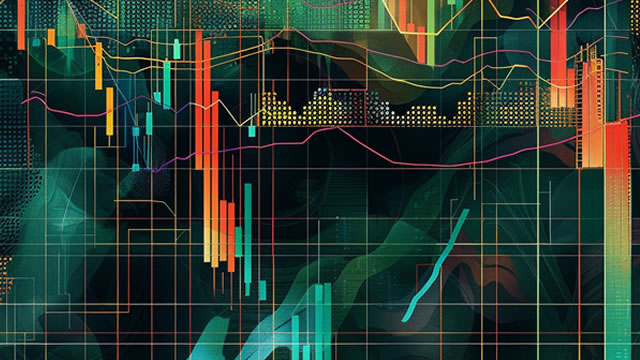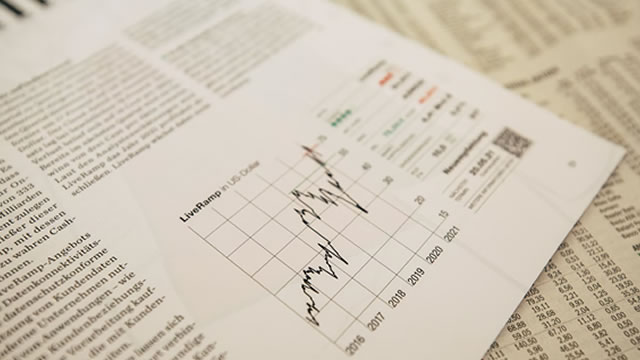Tariff Uncertainty: A Market Volatility Driver
In recent times, the financial markets have been gripped by an undercurrent of anxiety as the tariff standoff between the world’s two largest economies, the United States and China, shows no signs of abating. The ongoing trade dispute has left many market participants hoping for a shift in the current tariff situation, with many seeking a resolution or deal to ease the uncertainty.
The Role of Policy in Market Dynamics
Piper Sandler chief investment strategist Michael Kantrowitz recently joined Morning Brief to shed light on the current market dynamics. According to Kantrowitz, the market (represented by the S&P 500 index (^GSPC), the Nasdaq Composite index (^IXIC), and the Dow Jones Industrial Average (^DJI)) is largely driven by policy rather than economic data at the moment. He explained that the ongoing tariff dispute between the US and China is a significant policy issue that is affecting investor sentiment and, consequently, market movements.
Why a Quick Resolution is Unlikely
Kantrowitz further noted that a quick resolution of the tariffs is unlikely and will lead to continued volatility. He based his assessment on the fact that both the US and China have significant economic and political interests at stake, making a compromise difficult to achieve. Furthermore, the ongoing political climate in both countries, with elections in the US and ongoing leadership transitions in China, adds an additional layer of complexity to the negotiations.
Impact on Individual Investors
For individual investors, the ongoing tariff uncertainty can lead to increased anxiety and uncertainty in their investment portfolios. The continued volatility in the markets can make it difficult to make informed investment decisions, leading to a hesitancy to invest or to hold onto existing investments. Moreover, the potential for significant losses due to market fluctuations can be a cause for concern.
Global Impact
Beyond individual investors, the ongoing tariff dispute can have far-reaching consequences for the global economy. The International Monetary Fund (IMF) has warned that the tariffs could shave 0.5 percentage point off global growth this year. Moreover, the uncertainty surrounding the tariffs can lead to reduced business confidence and investment, potentially leading to a slowdown in economic activity.
Conclusion
In conclusion, the ongoing tariff dispute between the US and China is a significant policy issue that is driving market volatility. A quick resolution is unlikely, and the continued uncertainty can have significant consequences for individual investors and the global economy. As such, it is essential for investors to stay informed about the latest developments and to consider seeking the advice of financial professionals to help navigate the uncertain market landscape.
- Market dynamics are being driven by policy, particularly the ongoing tariff dispute between the US and China.
- A quick resolution to the tariffs is unlikely, leading to continued volatility.
- Individual investors may experience increased anxiety and uncertainty in their portfolios.
- The global economy could see reduced growth due to the tariffs and resulting uncertainty.





